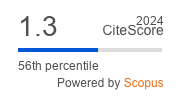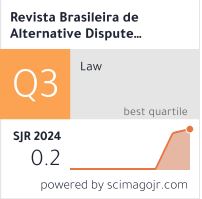“Better safe than sorry”
A company executing independent contracts with a common commercial nexus should rather provide for matching arbitration clauses than rely on the “group of contracts” doctrine
Palabras clave:
International arbitration, disputes over related contracts, parallel proceedings, consent to arbitrate, group of contracts doctrine, extending arbitration to non-signatories, choice of forum, midnight clauses, clause drafting, matching arbitration clausesResumen
A party executing distinct international contracts with a common economic nexus should provide in each of them for matching arbitration or, generally speaking, dispute resolution clauses. If she fails to do so, and once disputes arise, different triers of fact might issue conflicting decisions with relation to the same business venture involving different or even the same parties. Notably the “group of contracts” doctrine and concepts to that effect cannot be deemed a remedy fit to avert that risk. Because, first, the doctrine is known internationally to some but not all jurisdictions. And second, courts of a “group of contracts” jurisdiction might still not rely on it in a given case. Or may differ in its application depending on a given case.
Three decisions rendered in three different jurisdictions, that is Brazil, England, and Switzerland, serve for a short tale that if a business party wishes for at least some degree of predictability and control over arbitration and dispute resolution processes under independent yet related contracts she should accordingly contract for it.
Descargas
Publicado
Número
Sección
Licencia
No royalties or other compensation shall be due for the publication of the works.
The opinions expressed by the authors of the articles and reviews are their sole responsibility.









